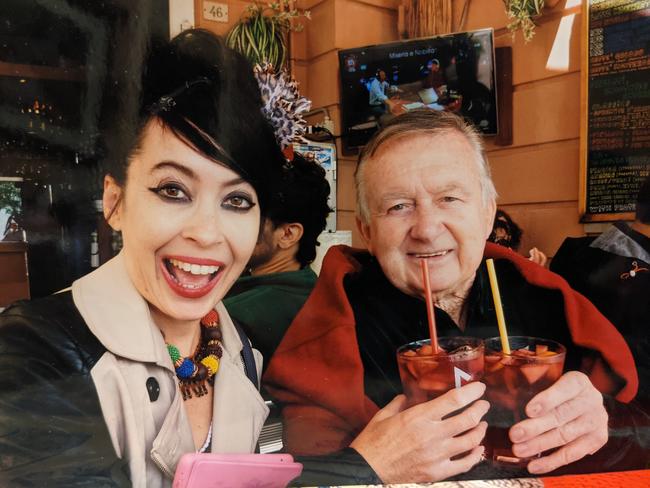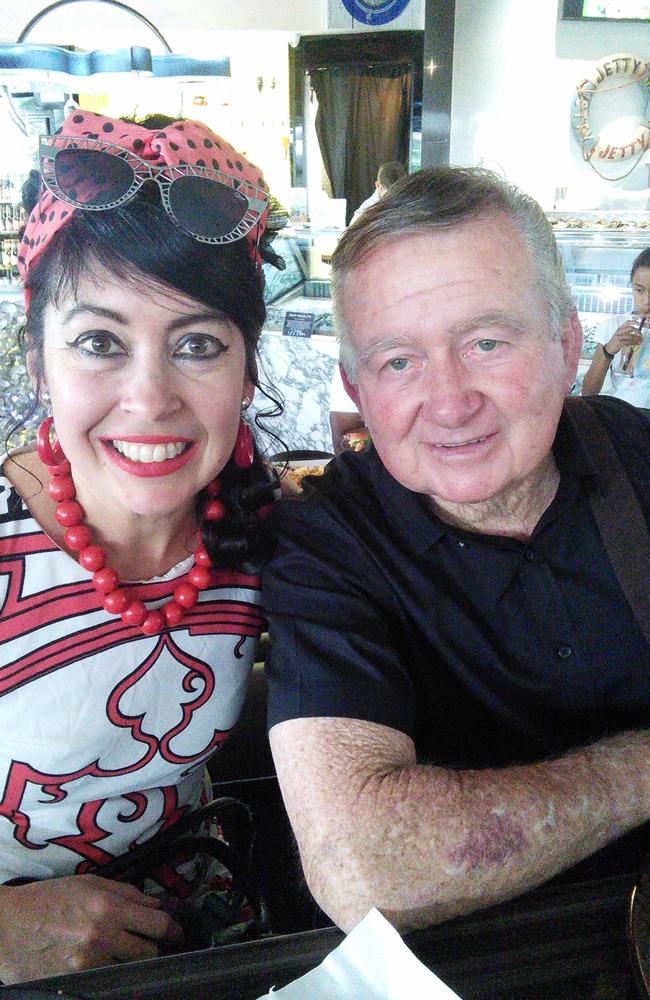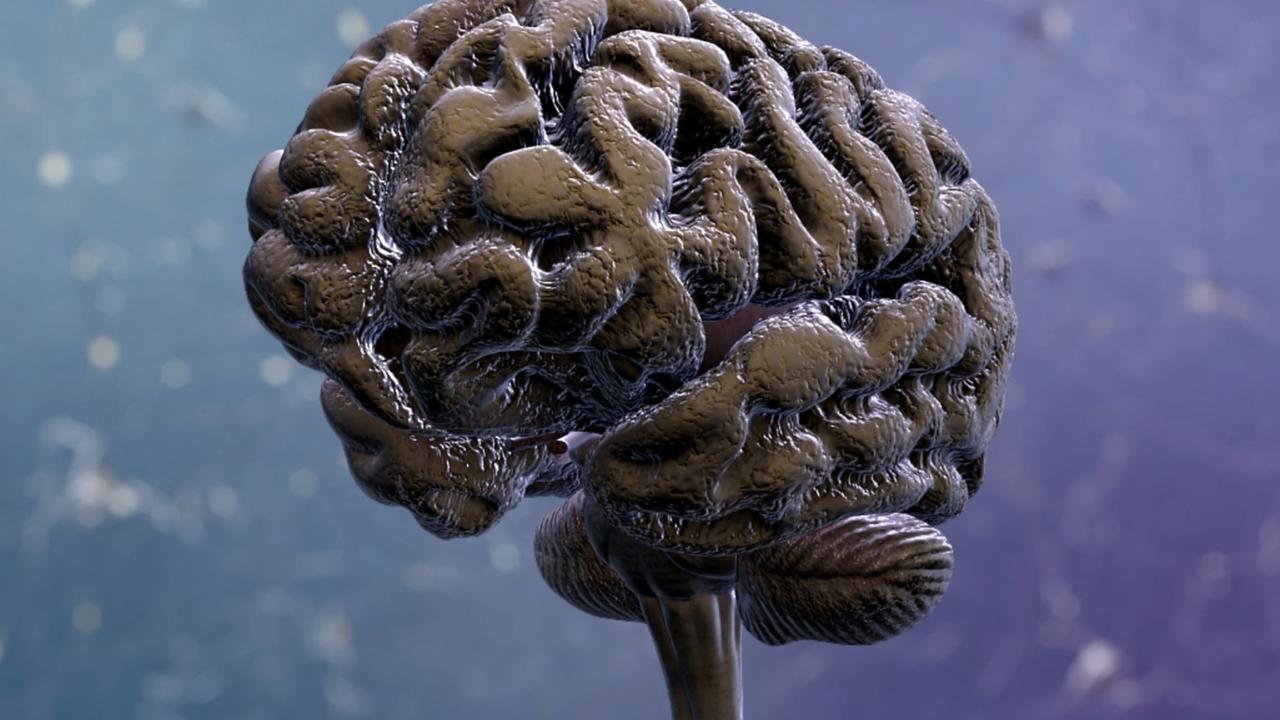Dominique O’Leary reveals the strategies she used to care for her father Noel who had dementia
My dad was my hero but when he was diagnosed with vascular dementia in 2020, our roles began to reverse.
Dementia
Don't miss out on the headlines from Dementia. Followed categories will be added to My News.
My Dad Noel was a plumber by trade and growing up there was nothing I thought he couldn’t fix or do.
With his warm personality and fun sense of humour, he was pretty much everyone’s friend. He was extremely social and when he wasn’t cracking jokes, he also loved to fish and play golf.
Dad was my hero, and my love for him is immeasurable.

When Dad was diagnosed with vascular dementia in 2020 the roles began to reverse.
Although I had suspected he may have already been living with dementia, there was grief and shock upon hearing the diagnosis. The grief continued during his decline, knowing dementia is terminal.
Mum and I wanted to keep him in happy spirits, so we often put on brave faces and never looked sad in front of him, using humour to help ease his worry.
But sometimes I’d have to leave the room to cry.
Because Dad loved ridiculous humour, I often incorporated this into caring for him.
When his dementia progressed, and it became harder for him to eat I would randomly break out and play the spoons and it would make him laugh.
It was something so simple but really connected us. We sang his favourite songs and danced silly dances for him, always trying to make him smile. We’d never say goodbye if we had to leave, but always “I’ll be back” in an Arnold Schwarzenegger voice.
As a carer, I know it’s important to help the person living with dementia keep a sense of self. Dad was known for wearing crisp, cotton shirts with colourful patterns and would always iron them beautifully.

When he had to go into aged care, Mum and I would take his shirts home after every visit, and Mum washed and ironed them the exact way he used to, so they would look perfect for him.
It meant so much to help him retain his wonderful character and dignity. Admitting Dad to an aged care home was one of the hardest things I’ve had to do.
It became unsafe for him to be at home, but we quickly learnt being in aged care was not the end of the caring journey.
Managing Dad’s care while in the home, advocating for him and dealing with ongoing challenges with his health care became paramount.
I educated myself on dementia by researching and doing courses with Dementia Australia.
This knowledge helped in staying one step ahead of the stages of dementia.
At the same time, I wanted to keep our father-daughter relationship and his relationship with loved ones alive.
I knew he and I would have good and bad days, so I created a book for Dad with stories of him, photos of him growing up, pages on family and friends and stories of travels we did together.
His siblings also shared funny stories about him and he always reacted to the stories, smiling or saying a sentence when he may not have spoken in days! I also learnt some things I didn’t even know about him. I would bring in a new story every time I visited Dad and it was something for him to look forward to.

When Dad became non-verbal it was also a good way for family and friends to still interact with him when they didn’t know what to say, or how to engage with him.
People with dementia need to be seen as full humans with their own stories and dignity.
As a carer you give up a lot of your life to prioritise problem solving, advocating hard for their rights, their comfort and dignity.
Dad raised and provided for me when I was young and loved me all his life, so caring for Dad was a privilege.
Though it’s a heartbreaking road, I learnt a new way of being with him.
For anyone caring for a loved one with dementia, I would recommend starting a life story book. It’s an essential tool to have on hand and also helped me if I was having a sad day.

Keeping his stories alive helped strengthen his sense of self while living with dementia.
It’s so important to reach in with your loved ones living with dementia by using tools like a life story book, reading literature, playing games from their past or their favourite music and movies – enjoyable things you can do together to connect.
I really disagree when people say there’s limited quality of life for someone with advanced dementia, because I truly think quality of life is reaching in and connecting with someone you love. Keep visiting often.
Telling them and showing them how much you love them by spending time with them.
That connection makes a difference to them and will live with you after they’re gone.
I’m proud to still be a voice for Dad, as a Dementia Australia Dementia Advocate and Peer Leader, sharing our lived experience and helping others in Dad’s name.
For dementia information and support please contact the National Dementia Helpline on 1800 100 500 or visit dementia.org.au.




